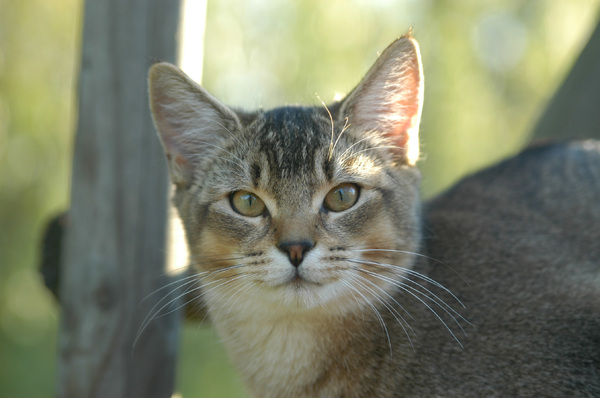Pregnancy And Cat Litter: How To Stay Safe.
Pregnancy And Cat Litter: How To Stay Safe.
Blog Article

Anticipating a kid is a joyous celebration, but it likewise includes a myriad of duties and considerations, specifically for animal owners. Amongst the many issues that arise during pregnancy, one that typically flies under the radar is the problem of cat litter. While apparently innocuous, cat litter can present threats to pregnant ladies and their coming children if not dealt with properly. In this post, we delve into the vital information every expectant mother who owns a feline needs to know to guarantee a safe and healthy pregnancy.
The main interest in cat litter during pregnancy depends on its association with toxoplasmosis, a parasitic infection triggered by the Toxoplasma gondii parasite. Cats, particularly those who invest time outdoors, can end up being infected with this parasite by hunting and consuming contaminated victim or by coming into contact with contaminated soil. When contaminated, cats can shed the parasite in their feces for a brief duration, normally one to 2 weeks, which is when they become carriers of the disease.
Toxoplasmosis itself might not trigger any signs in healthy people, but it can have severe repercussions for pregnant ladies and their coming children if contracted throughout pregnancy. The parasite can be transmitted to humans through accidental consumption of polluted feline feces, soil, or undercooked meat consisting of the parasite's cysts. In pregnant females, toxoplasmosis can cause miscarriage, stillbirth, or congenital disabilities in the baby, such as hearing loss, vision disability, or intellectual impairments.
Provided the prospective risks connected with toxoplasmosis, pregnant ladies are typically encouraged to take preventative measures when managing cat litter. Here are some necessary actions to decrease the threat of infection:
If possible, ask a partner, household member, or good friend to take control of the job of cleaning up the litter box throughout pregnancy. This minimizes direct exposure to cat feces, reducing the danger of infection.
If you must clean the litter box yourself, wear non reusable cat litter boxes gloves and a mask to avoid direct contact with the feces and inhalation of air-borne particles.
Guarantee the litter box is cleaned daily. The Toxoplasma gondii parasite requires a period of one to five days to end up being transmittable after being shed in feline feces. Prompt removal of feces decreases the opportunity of transmission.
After managing cat litter or cleaning up the litter box, wash your hands thoroughly with soap and water to get rid of any possible contamination.
Avoid gardening or dealing with soil, particularly without gloves, as it may contain Toxoplasma gondii cysts from feline feces.
To minimize the risk of contracting toxoplasmosis from food, make sure all meat is prepared thoroughly to kill cat litter box any parasites present.
n addition to taking safety measures when dealing with cat litter, pregnant women might likewise consider changing to alternative litter choices that present minimal risk. Here are some options to conventional clay-based cat litter:
Silica gel litter is highly absorbent and successfully manages odor. It poses a lower threat of harboring parasites compared to clay-based litter.
Litters made from natural materials such as recycled paper, wood pellets, or corn are biodegradable and environmentally friendly. These litters are generally thought about safe for pregnant ladies to handle.
Litters stemmed from plant-based materials like wheat, corn, or pine provide an environmentally friendly option to conventional clay litter. They are devoid of damaging chemicals and are safe for pregnant ladies and their family pets.
Just like any concerns throughout pregnancy, it's crucial to consult your health care service provider for personalized recommendations and recommendations. If you have any concerns or uncertainties concerning cat litter and its potential dangers, don't be reluctant to discuss them with your obstetrician or midwife. They can provide assistance customized to your individual situations and assist ease any concerns you may have.
While owning a feline can bring enormous pleasure and companionship, it's vital for pregnant women to be knowledgeable about the potential dangers related to cat Self Cleaning Litter Boxes litter and take appropriate preventative measures to safeguard their health and the health of their unborn kid. By following simple guidelines and looking for guidance from healthcare suppliers, expectant mothers can navigate this element of pet ownership securely and enjoy a stress-free pregnancy along with their feline companions.